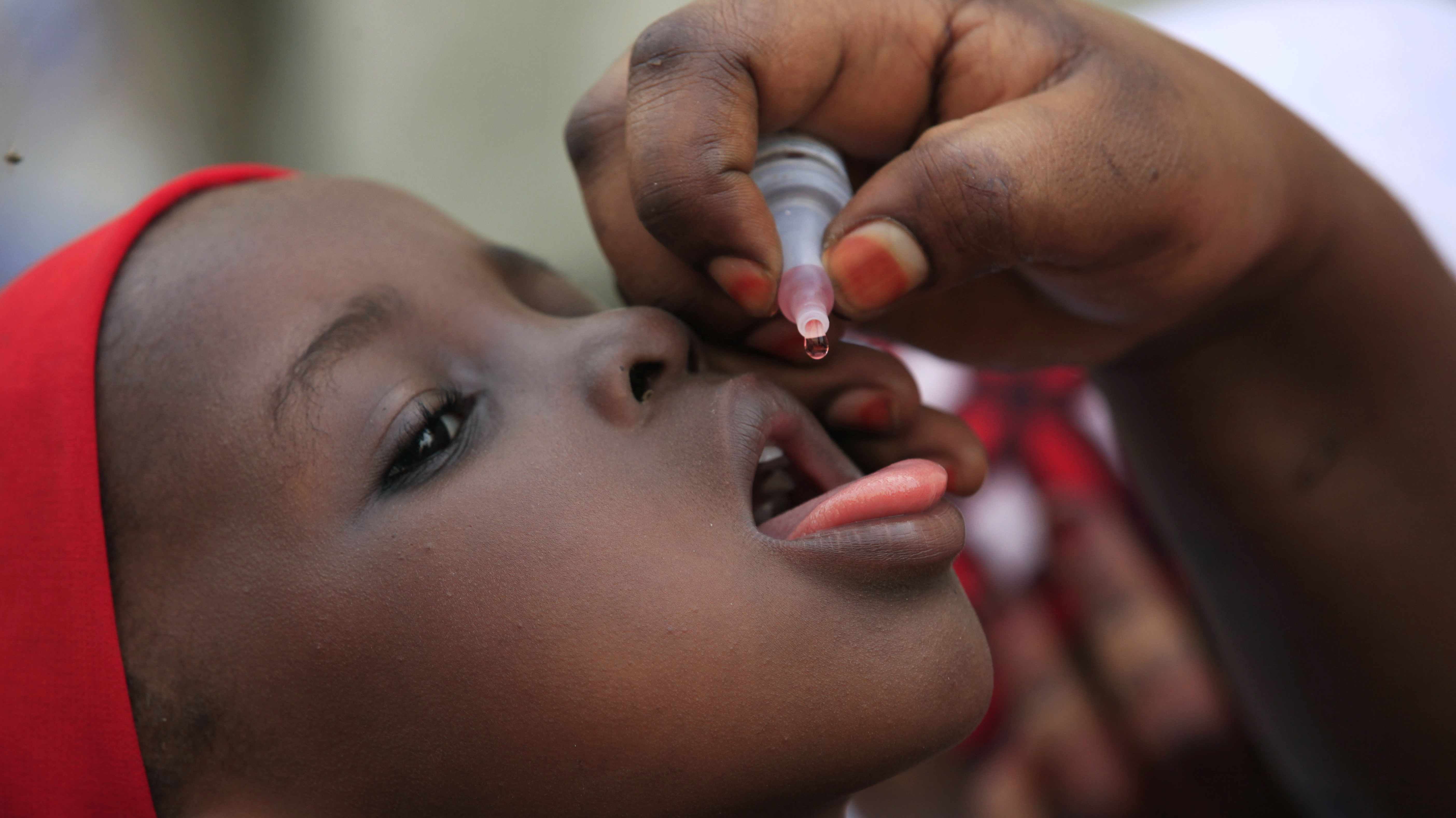Last month, Dr. Weinberg and I, along with our University of Toronto Colleagues, published the results of research that we carried out last year at Kindercare Pediatrics. Essentially we demonstrated that giving 2 and 4 month-old babies the oral rotavirus vaccine just before injectable vaccines reduces the pain felt by babies from the injection.
This morning, The World Health Organization (WHO) published, in their weekly epidemiological record, global recommendations for reducing pain and distress at the time of vaccination. These recommendations were part of a larger report that came out of a meeting of The Strategic Advisory Group of Experts (SAGE) on immunization (14–16 April 2015, Geneva, Switzerland). The SAGE group assembled a technical consultancy group (TCG) tasked with reviewing the current literature on vaccine pain management and then adapting the relevant findings into a set of global health recommendations.
Based on this work from the WHO SAGE and TCG, the following recommendations were made:
- For all ages: no aspiration for IM injection; administration of vaccines in order of increasing painfulness; proper positioning, i.e. holding infants and children less than 3 years, and sitting for those over 3 years of age; use of neutral words, avoidance of language that increases anxiety and/or promotes distrust.
- For infants and children: breastfeeding (if feasible and culturally acceptable) during or just before injection; when part of the schedule, administration of rotavirus vaccine immediately prior to vaccine injection (the formulation of the currently licensed liquid rotavirus vaccines has been shown to have a pain mitigating effect through their sucrose content). For children under 6 years of age, caregiver presence and distraction such as music are recommended.
- For adults: distraction with coughing or breathholding.
We are very honored and excited that the WHO used the rotavirus vaccine findings (underlined) from our recent paper to inform their recommendations. This means that our research results will have a very large impact given that these recommendations are likely to be implemented worldwide. It is most exciting to be a part of change implementation around the world that will improve (at least in some small way) health and well-being for children.
A special thank you to Dr. Anna Taddio whose research informed most of these WHO vaccine pain-reduction recommendations and who enabled and supported the rotavirus vaccine research that was carried out at Kindercare Pediatrics.
